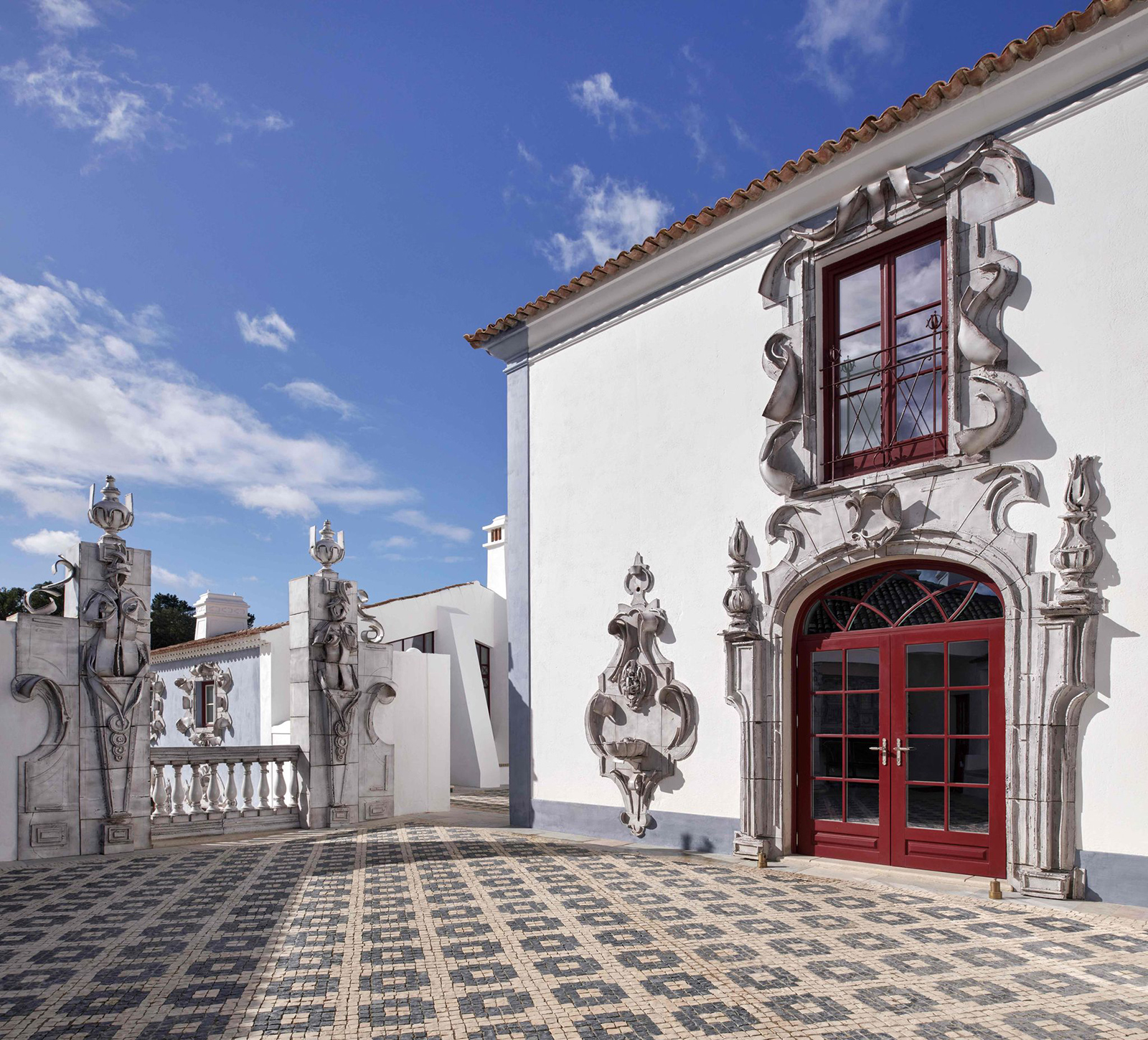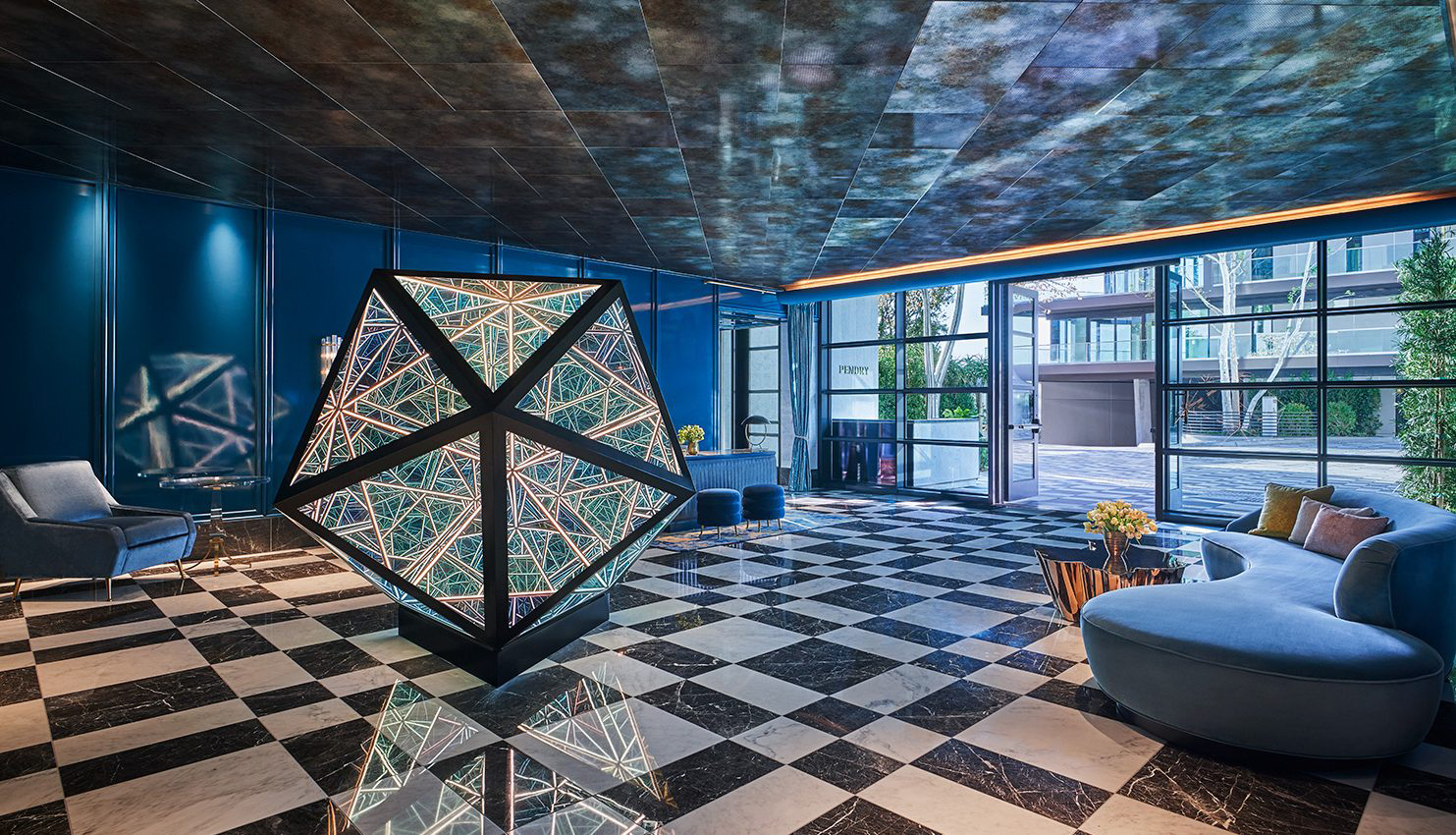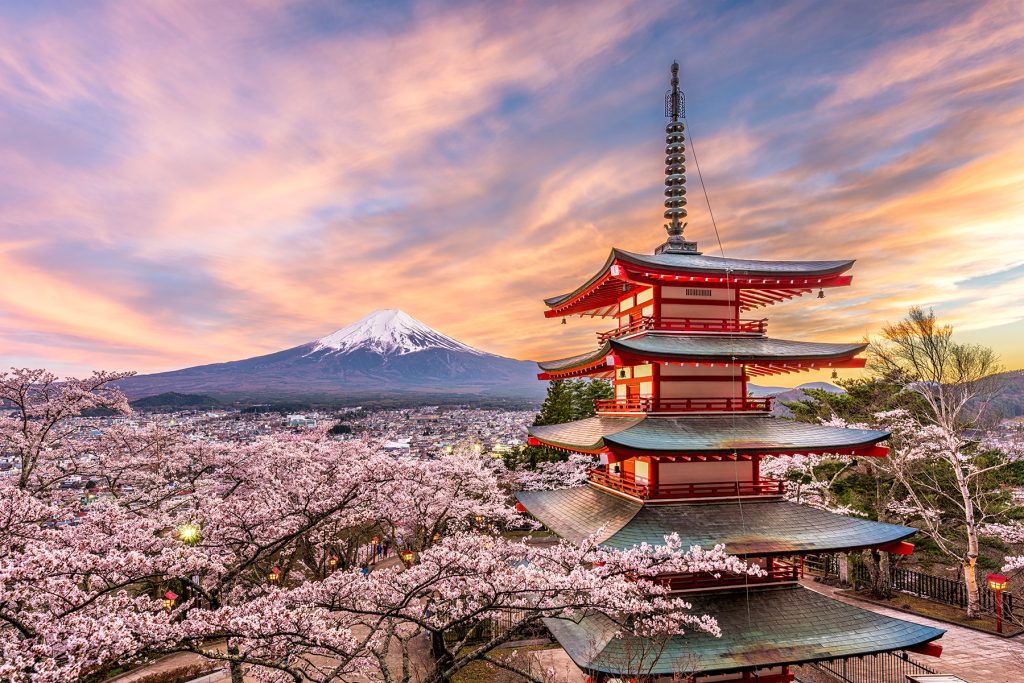From vacationers to business travelers, more and more people are choosing luxury boutique hotels over big-box chain hotels. From specialized services to unexpected amenities, these local spots are quickly becoming the go-to destinations for many.
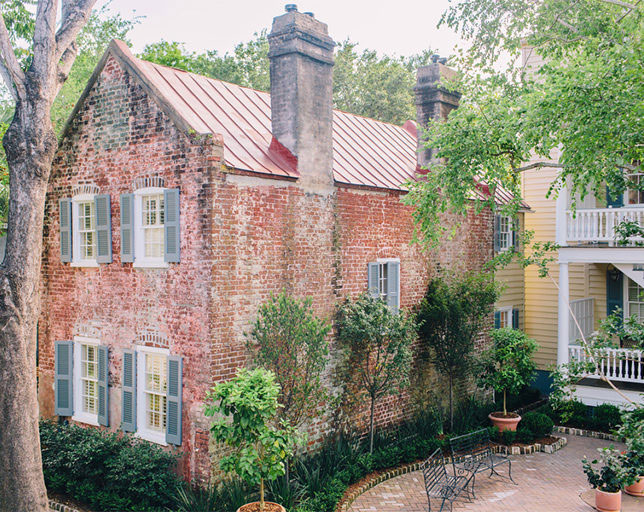
With advances in technology, these boutique hotels can offer their guests convenience and personalization while providing an elevated level of service.
From contactless check-in and keyless access to automated check-in and check-out processes and digital guest books, there are several trends that are being embraced by boutique hotel owners to create a unique experience for their guests.
How A Luxury Boutique Hotel Compares To A Chain Hotel
A boutique hotel is a unique and luxurious kind of accommodation; often smaller than a traditional hotel, as they usually have fewer than 100 rooms. They are typically situated in stylish and vibrant shopping districts and trendy neighborhoods, boasting individualized design and service as their hallmark.
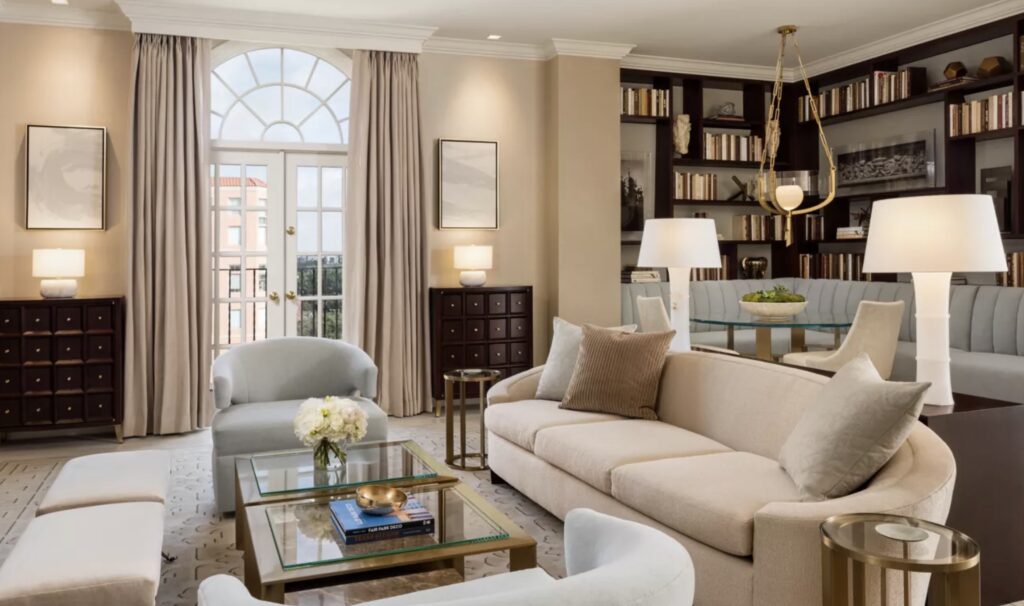
In comparison, chain hotels are owned and managed by large-scale hotel corporations, and the rooms are typically similar in terms of size, decor, location, and amenities regardless of which city you visit.
Rise Of The Boutique Hotel
In the 1980s, Ian Schrager and Steve Rubell (founder of the legendary Studio 54 in New York) gave a new twist to the hospitality industry by opening the first boutique hotel in history, or at least coining the phrase into the mainstream, spawning a new genre.
The exact origin of boutique hotels is actually a bit fuzzy. Some believe London’s Blakes Hotel, which opened in 1981, started it all. Others point to The Bedford in San Francisco, which also opened in 1981.
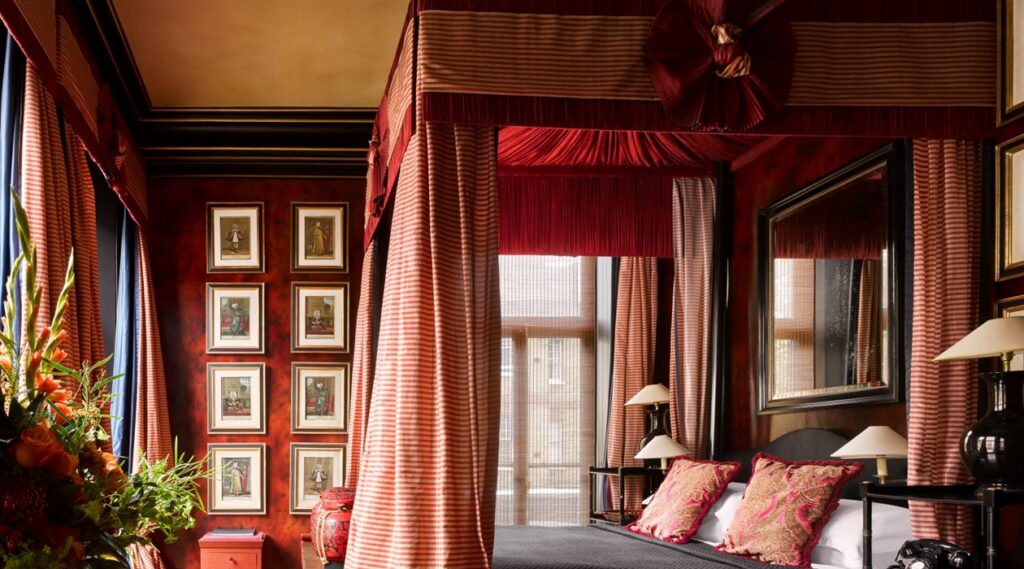
Though 1984 is commonly deemed the commencement of the boutique era, Steve Rubell and Ian Schrager ignited the spark with the grand opening of Morgans Hotel in New York City (This hotel was bought and converted to luxury condos in 2017).
Getting technical, we can say they’ve been around for centuries if you look at these French castles that became intimate lodging accommodations.
Going back to the medieval days, royalty would often house travelers for short-term and long-term stays. At least long enough for da Vinci to paint the Mona Lisa while holing up at a friend’s chateau!
In effect, this marked the dawn of the boutique hospitality trend, an industry that has continued to gain momentum over the years. As we’ve noted, trailblazers are just common people with uncommon dreams and visions. So we tip our hats to Ian Schrager and Steve Rubell. Now let’s get into the weeds on why we love luxury boutique hotels.
Personalization of Hotel Rooms & Attention To Detail
Big hotel chains model their rooms around a one-size fits all strategy, with variations usually just being the room size and room location.
With boutique hotels, owners are much more flexible and more hands-on, instead of having the management or corporate offices being the decision-makers. We love how the Pendry Hotel in Los Angeles has personalized this boutique experience.
This flexibility makes it easier for boutique hotels to hone in on individual traveler experiences, and trends show millennials prioritize experiences over most other things when it comes to how they spend their money.
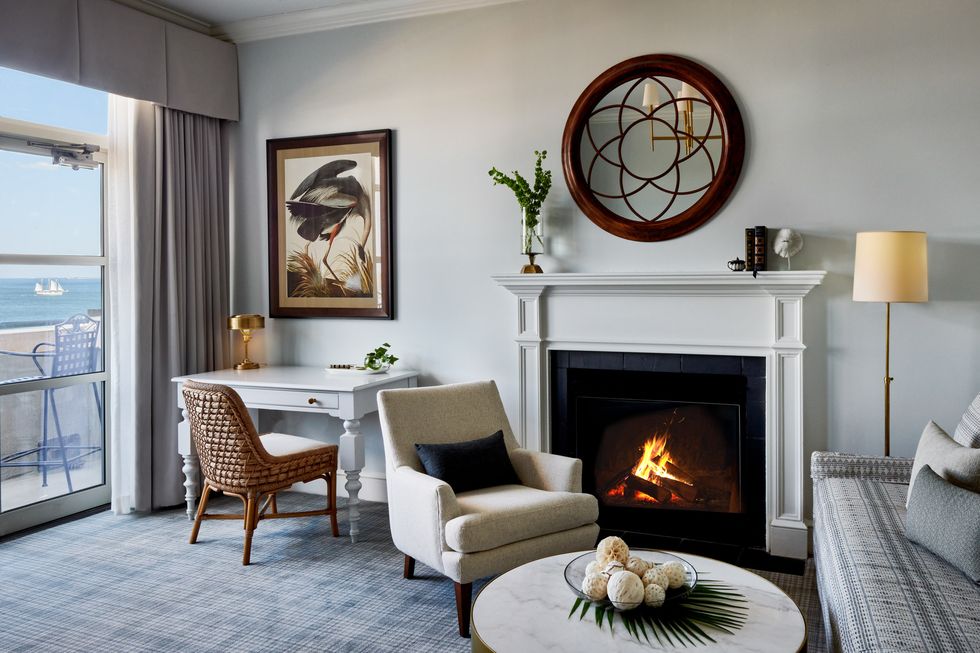
Hotel guests want to feel like they can make their hotel room their own, and more and more travelers are looking to find hotel rooms that don’t feel like they’re in a hotel room.
With the latest technology, this is now possible. Luxury boutique hotels are now able to customize rooms based on the specific needs and preferences of their guests.
This can include things like controlling elements of the room using a smartphone, using a mobile phone as a hotel key, and having a mobile app to send requests to the hotel staff.
These features allow guests to customize their stay and make them feel more at home. Other smartphone connections include setting their thermostat or using a voice assistant like Alexa to turn off lights, call the front desk, or order room service.
Walking Distance To Ambience – Better Local Experiences
If you’re looking to get a truly authentic taste of the city you’re visiting, opting for a boutique hotel over a chain hotel can also be a better way to go.
Luxury boutique hotels tend to be located in more secluded areas like neighborhoods, and away from bustling airports and tourist traps where you’ll find the bigger chain hotels.
An example would be Shelter Hotels in Koreatown, Los Angeles. Situated in a residential neighborhood a couple of blocks off the main business district, there’s no shortage of Korean Barbeque, bakeries, and shopping centers within a 3 block radius. This includes indoor golf!

There’s also Hotel ZaZa in Dallas, where each of the rooms is inspired by Mediterranean accents and the beauty of faraway lands.
This luxury boutique hotel is also all about the local vibe just outside your door. The Zero George Hotel in Charleston, North Carolina also knows how to perfectly blend boutique-ness with the local ambiance.
Therefore, a boutique hotel usually puts you closer to the cultural experiences of the city you’re staying in and within walking distance of the local cuisine, shops, and vibe.
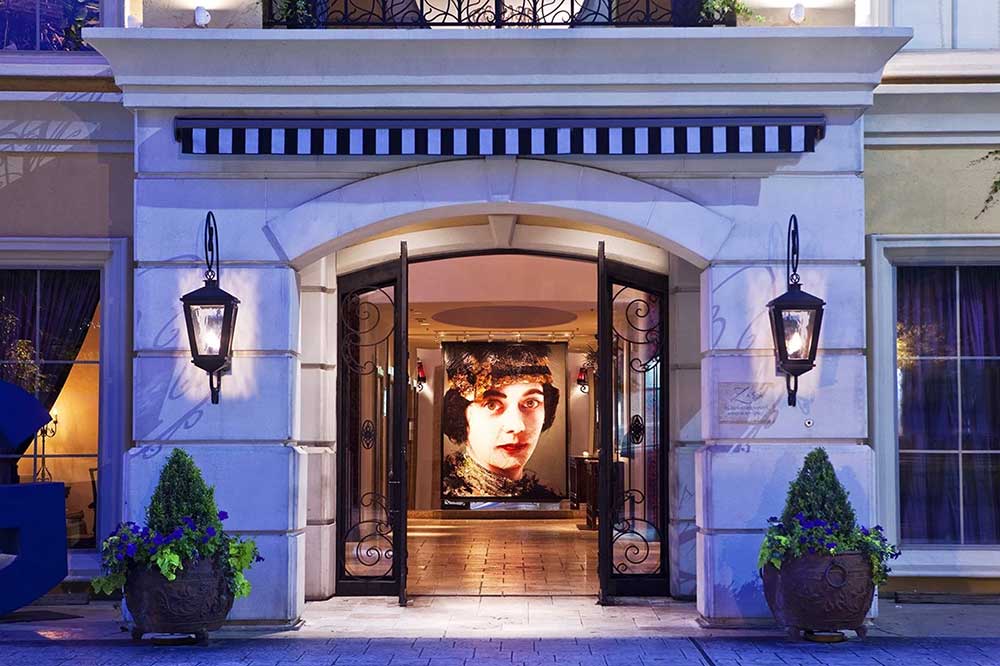
This immersive experience is usually found in the boutique hotel space, as they can shoehorn themselves into smaller spaces that are closer to the city’s ambiance.
Because of these unique locations, the staff can focus on the specific area they are in and guide you on a better local experience. In effect, the boutique hotel becomes its own destination.
Digital Guest Books
Another way that boutique hotels are offering a unique experience is through digital guest books. These digital books give guests essential information about the amenities of the hotel, as well as local attractions and tips on entertainment, and the best nearby restaurants, sometimes offering discounts. A digital guest book fills in the gap not found in your luxury travel apps.

They also provide access codes for rooms, videos on how to use devices, and highlights of hotel activities. Digital guest books offer travelers a contactless experience and make them feel more autonomous while still keeping a close connection with the hotel staff.
We might attribute the genius behind this boutique experience to a man named Bill Kempton. Bill was a depressed banker who got into the hotel business in the 70s to make his days less gloomy. He wanted a place that was kind of like the bar on Cheers – where everyone knows your name.
He perceived travelers to be predominantly anxious and isolated on their journeys; therefore, providing intimate, attentive service would assist them in feeling less alone while away from home.
Bill wanted the hotel’s team to be repurposed as a substitute “family” for their guests and he even had wine “happy hours” for the guest to mingle and get to know his staff. Maybe he was depressed, but he sure knew how to cheer folks up!
Soft Brand Hotels – Big Hotel Chains Getting In On The Action
By affiliating with a big hotel chain, these independent hotels benefit from lower costs and added flexibility while still maintaining their individual identity and style.
Besides benefiting on their bottom line by achieving consistently increased rates, The bigger chains can offer their reward programs to the affiliate boutique hotels, helping to maintain their customer base.
Examples of soft brand hotels include Marriott’s Autograph Collection, Hilton’s Curio Collection as well as IHG’s Voco Hotel Brand. According to a report by TripAdvisor, there has been an increase of 19% in soft-brand collection hotels in the past decade.
Additionally, this report indicates that boutique hotels performed better than other hotel sectors within the last two years and generated more revenue.

According to CoStar, boutique hotels are leading the US hotel industry in many metrics. In 2022, boutique hotels surpassed 2019 peak levels and led the US hotel industry in average rate and revenues.
The market size of the boutique hotel industry in the United States was forecast to reach 23.18 billion U.S. in 2022 and the market size of the boutique hotels industry is expected to increase to 15.4% in 2023. This indicates as a whole, travelers prioritize their experience over price when it comes to hotel accommodations.
Conclusion
The emergence of boutique hotels, which have now become mainstream, has changed the hospitality landscape. Guests have a more personalized experience that reflects the owner’s personality and style, hoteliers can tailor their services to the needs of each individual customer.
At the core of the boutique hotel industry is providing a stellar guest experience. Luxury boutique hotels go above and beyond to make sure guests leave with a memorable experience, where the staff is family and you get to have an immersive encounter with the locals.



